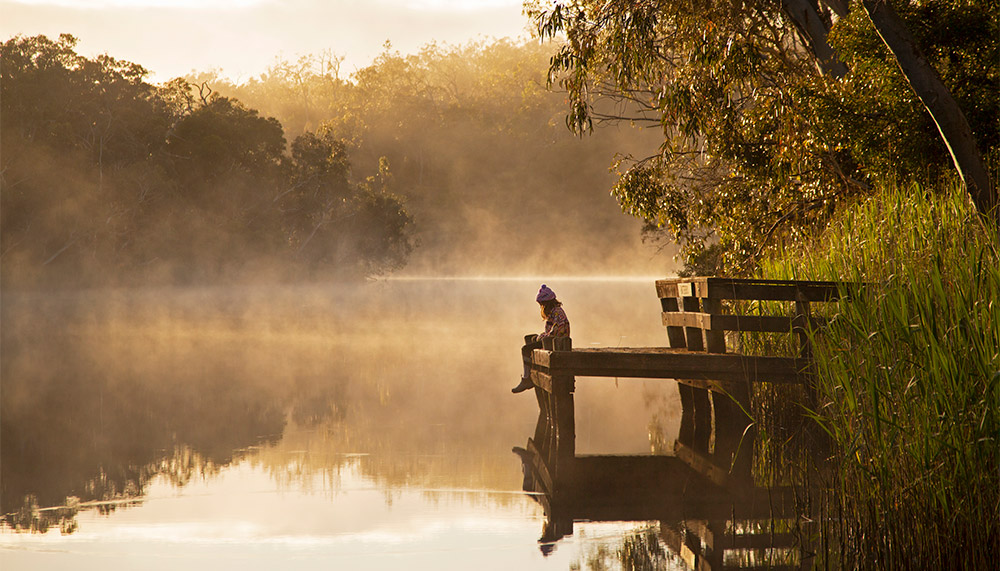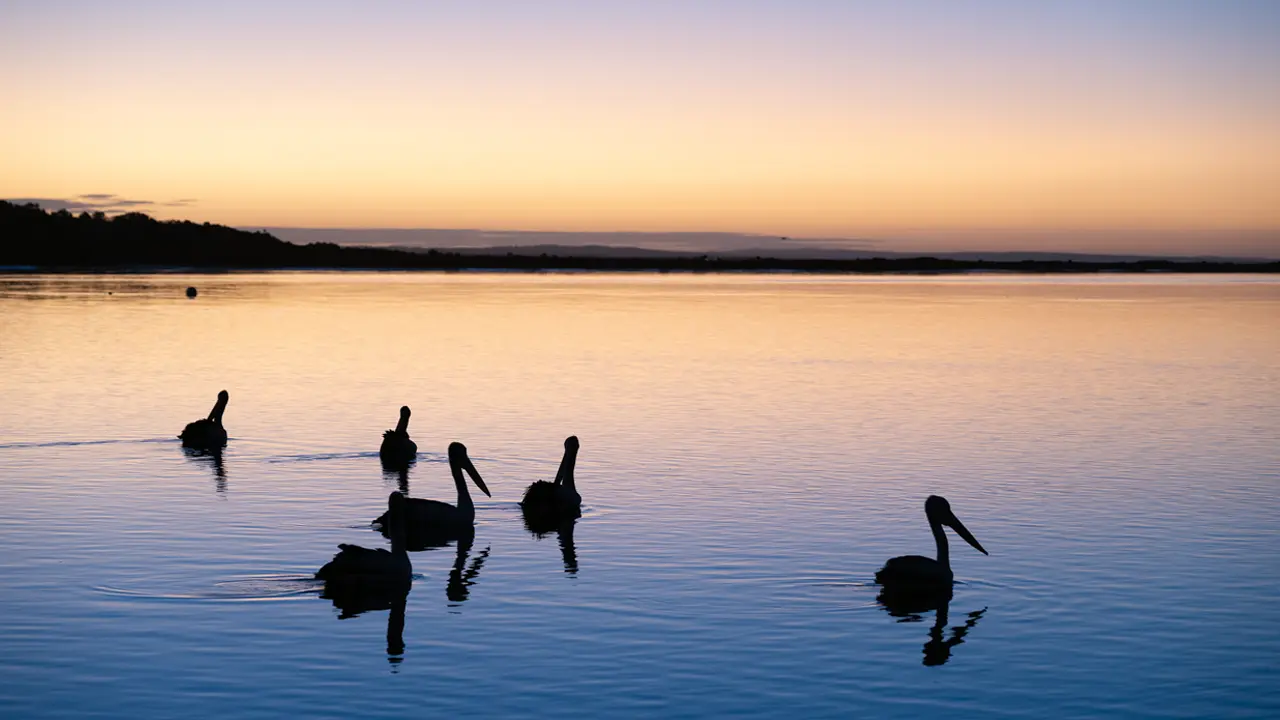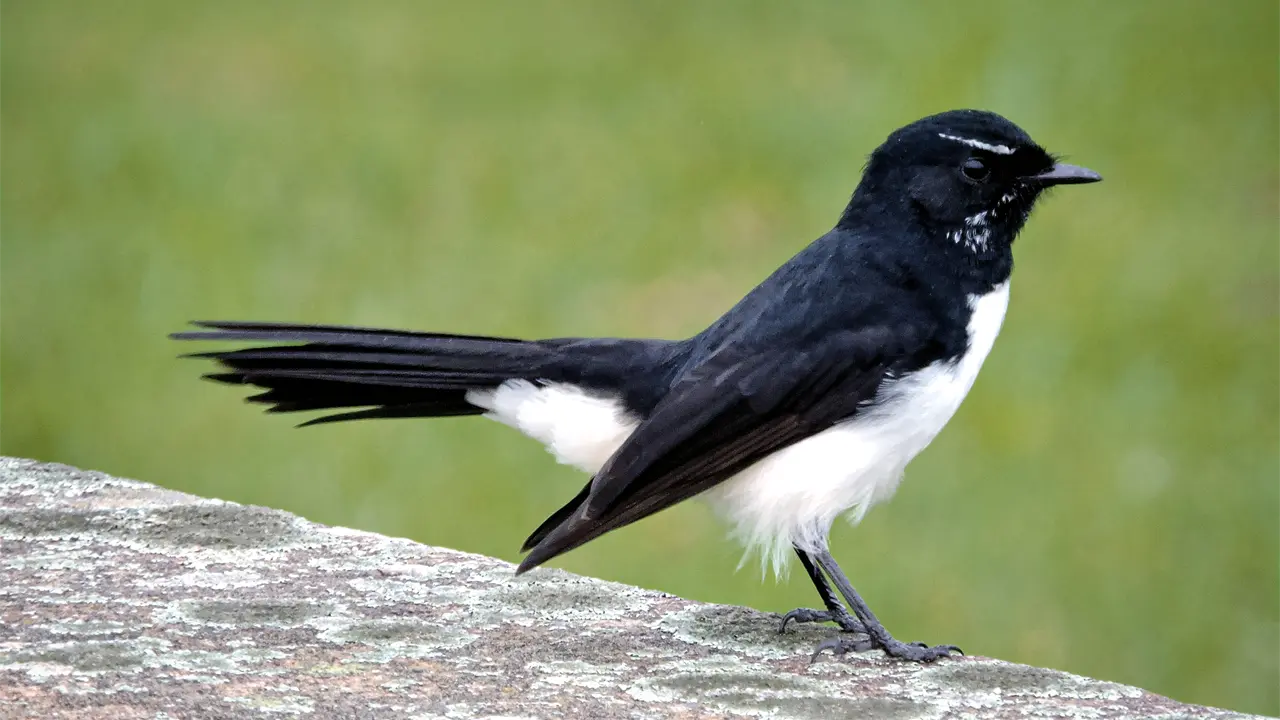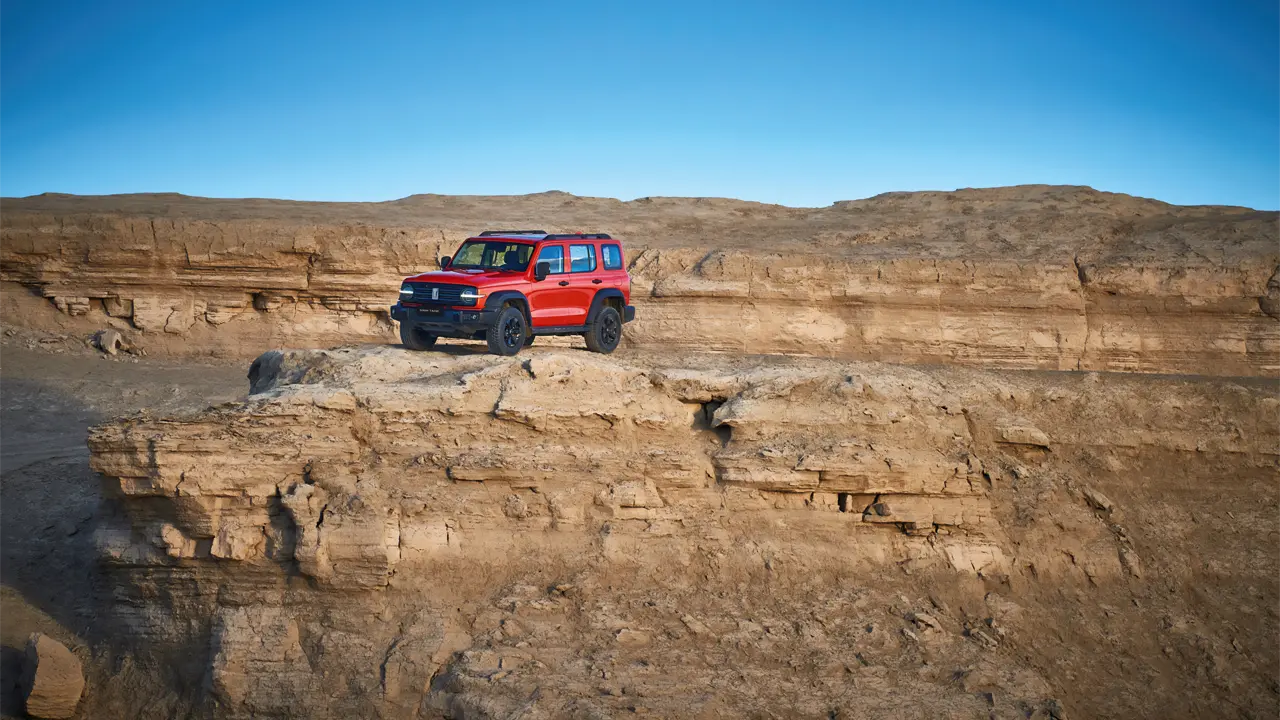Gang-gang cockatoos, platypuses and azure kingfishers share the water on a three-day canoe trip down the Glenelg River in Victoria.
Story + Photos Nathan Dyer
A blanket of grey cloud hangs low over the Glenelg River as two koalas grunt to each other from across the water. The marsupials’ guttural groans echo off towering limestone crags.
Moments later, a small head with a grey bill breaks the surface midstream, hovers for a second and then is gone. A platypus. Further on, a female black swan swims close to her cygnets as two canoes glide past. Hemming the river in from both sides is a thick, dark eucalypt forest. Old trees sway in a breeze that signals an incoming storm front, above an understorey of green ferns sheltering blue wrens and eastern yellow robins that flit like flashes of light through the dark shadows.
Winding its way through Jardwadjali, Bunganditj and Gunditjmara country in south-western Victoria, the Glenelg River offers visitors a remote kayaking experience. Rising in Gariwerd (Grampians National Park), the river flows south-west for 45km, through some of Victoria’s best farmland, crossing briefly into SA, before spilling into Ramsar-listed Discovery Bay near the small holiday township of Nelson, 35km south-east of Mount Gambier.
Bestowed its European name – after a British Lord – by explorer Major Thomas Mitchell in 1836, the river has been home to First Nations people for millennia and is known as Bocara to the local Gunditjmara.
With much of the southern section of the river flowing through the Lower Glenelg National Park, there’s a feeling of deep wilderness here normally reserved for places much more difficult to reach. More than 700 plant species can be found in the park, with 50 species of native orchid, including tiny spider and sun orchids. The squawk of endangered south-eastern red-tailed black cockatoos are a rare and wonderful sound. Only 1,000 remain in the wild. Below the water, the endangered Glenelg spiny crayfish is endemic to the river.
Chris Carson from Nelson Canoe Hire has operated his business out of Nelson for two decades and says the river is the kind of place people keep returning to. “We have families who have been here every year since we started, 21 seasons in a row,” Chris says. “And we’re now dealing with their children and grandkids.”
Covering the last 75km of the river from Dartmoor to Nelson, the Glenelg River Canoe Trail includes camp sites and jetties and is a perfect way to take in the wonders of this rich landscape. Although the entire canoe trail can be paddled in 3–4 days, many families take it slower, covering just a portion of that distance, putting in and picking up at the many access points in between.
This story excerpt is from Issue #146
Outback Magazine: December/January 2023









